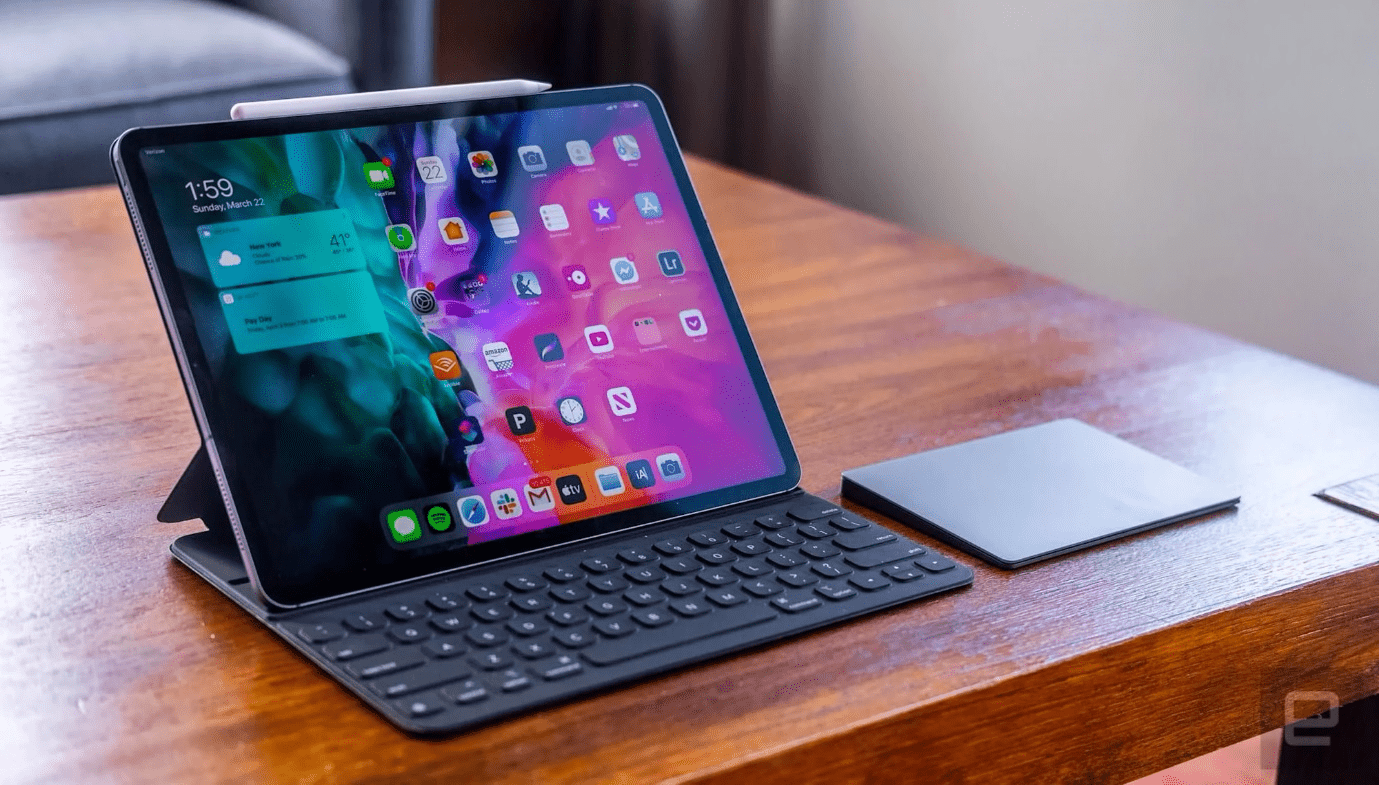
Why Skills-First Leadership Is Replacing the Ivy League Playbook in the C-Suite
The old prestige pyramid—where Ivy League degrees and blue-chip consulting backgrounds paved the way to the CEO seat—is cracking.

April 30, 2021: -After a shockingly strong quarter in which Apple revenue increased 54% to sales of around $90 billion, with double-digit growth in every product category, Wall Street is already asking if Apple can keep it up through the remaining of the year.
But it turns out Apple is dealing with the same microchip shortage that has snarled companies and industries worldwide, despite its legendary operations group, built by CEO Tim Cook, which locks important components in for years at competitive prices.
On Wednesday, Apple said that it expected its third-quarter sales to be around $3 billion to $4 billion less than it could be if it didn’t have supply issues, mainly for its iPad tablets and Mac laptops and desktops.
Cook said Apple’s issue was in “legacy node” chips that use older manufacturing methods compared to the bleeding-edge high-performance chips that are the soul of their devices.
Which parts were in short supply is still unclear. Still, Apple buys many legacy node chips to transmit data to displays, deliver power to cameras, decode audio, and manage batteries.
“Most of our issue is on licensing those legacy nodes; there are many different people not only in the same industry but across other industries that are using legacy nodes,” Cook said.
In the end, Apple struck an optimistic note, especially comparing the companies in other industries like autos, warning about chip shortages for months. For example, On Wednesday, Ford said that it would lose half of its second-quarter production because of the microchip shortage.
Apple emphasized that part of its forecasting supply shortages in the current quarter is due to the demand. iPad sales rose 79%, and Mac sales rose 70% in the latest quarter, so many people want to buy them.
Suppose there is a company that is built to weather supply chain challenges related to chips. In that case, Apple, which buys massive amounts of components each year, is an important enough client to prioritize chip manufacturers and designers.
One reason for Apple’s blowout second quarter is that it did not face any supply shortages in that period, Cook said, attributing it to its supply chain expertise.

The old prestige pyramid—where Ivy League degrees and blue-chip consulting backgrounds paved the way to the CEO seat—is cracking.

Loud leaders once ruled the boardroom. Charisma was currency. Big talk drove big valuations.

But the CEOs who make history in downturns aren’t the ones with the deepest cuts

Companies invest millions in leadership development, yet many of their best executives leave within a few years. Why?

The most successful business leaders don’t just identify gaps in the market; they anticipate future needs before anyone else.

With technological advancements, shifting consumer expectations, and global interconnectedness, the role of business leaders

At seventeen, Professor Richard Rose stepped into a world few adults dare to navigate: the world of children fractured by trauma. He wasn’t a clinician then, nor a scholar. He was simply a young man with a heart tuned to the quiet ache of others.

Following a distinguished Law Enforcement career Joe McGee founded The Securitatem Group to provide contemporary global operational specialist security and specialist security training products and services for private clients, corporate organisations, and Government bodies. They deliver a wide range of services, including complete end-to-end protection packages, close protection, residential security, protection drivers, and online and physical installations. They provide covert and overt investigations and specialist surveillance services with a Broad range of weapons and tactical-based training, including conflict management, risk and threat management, tactical training, tactical medicine, and command and control training.

Jay Wright, CEO and Co-Owner of Virgin Wines infectious energy, enthusiasm, passion and drive has been instrumental in creating an environment that encourages talent to thrive and a culture that puts the customer at the very heart of every decision-making process.

Fabio de Concilio is the visionary CEO & Chairman of the Board at Farmacosmo, a leading organization dedicated to mental health and community support services. With a deep commitment to identifying and meeting customer needs, Fabio ensures that high standards are maintained across the board.

Leave us a message
Subscribe
Fill the form our team will contact you
Advertise with us
Fill the form our team will contact you